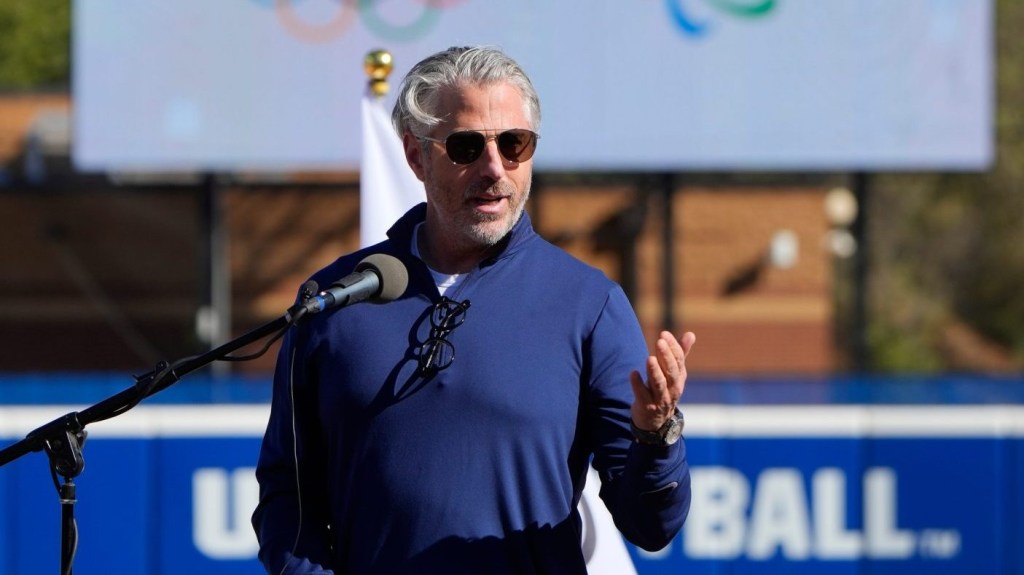On Friday, Rep. Lori Trahan (D., Mass.) sent a letter to College Sports Commission CEO Bryan Seeley blasting the organization’s slow approval process and demanding the organization provide Congress with more data around its approval process, Front Office Sports has learned.
“The CSC’s slow, inefficient, and inscrutable process is harming athletes who earned NIL deals and sowing new chaos in college athletics,” according to a copy of the letter obtained by FOS. “It may also be fomenting an anticompetitive environment for athlete compensation by specifically chilling college athletes’ ability to freely market their NIL.”
Trahan also wrote that information is particularly important given that Congress is considering legislation that would “codify provisions of the House settlement, the CSC, and its NIL Go system.”
The letter asks that the CSC provide detailed data about the following by Nov. 1:, how many deals have been denied and are still in limbo; explanations of why the CSC has denied any of its deals; the average time it takes to submit a response to a deal.
The College Sports Commission was created in the wake of the House v. NCAA settlement, which requires all D-I athletes to submit every deal over $600 to NIL Go, software created by Deloitte and run by the CSC, for scrutiny. The goal is to ensure all deals offer fair-market value for a valid business purpose—and aren’t pay-for-play deals in disguise.
However, the system has been riddled with problems since its June launch—many of which Trahan cited in her letter.
The CSC has flip-flopped on its rules on NIL collective deals and has released inaccurate data on deal approvals it had to correct publicly. Players have waited weeks—if not months—to receive word on whether deals have been approved. As a result, multiple NIL collectives have begun to pay players for deals that haven’t been approved yet, FOS previously reported. Meanwhile, schools are balking at signing an agreement that would bind them to the CSC’s rules because they’re unhappy about the punishments for potential rules violations, according to an On3 report.
“While the House settlement and the CSC was designed to bring clarity and stability to the system, the actual implementation has been anything but,” Trahan wrote.
The letter is the latest development in a battle in both houses of Congress over whether and how to legislate college sports.
Trahan, a member of the House Commerce Committee (which has jurisdiction over college sports), has authored her own bill on the subject and has been a vocal critic of the SCORE Act. That NCAA-backed bill would codify certain terms of the House settlement, give the NCAA antitrust protections to protect it from future lawsuits, and prevent athletes from becoming employees.
The SCORE Act is currently stalled as House Republican leadership and NCAA and power conference lobbyists work behind the scenes to ensure there are enough yes votes to pass the bill at some point after the government shutdown.
In the Senate, three Democrats proposed a counter called the SAFE Act, which does not grant the NCAA antitrust authority or require amateur status; it also includes amending the Sports Broadcasting Act of 1961 to allow all media rights to be pooled and sold together. However, Senate Commerce Committee Chairman Ted Cruz (R., Texas) has indicated he has no interest in bringing that bill before the committee.
Lawmakers have also raised concerns about the potential for a deal between private equity firms and the Big Ten. This week, Rep. Michael Baumgartner (R., Wash.) introduced a bill that would ban those types of deals. Also on Friday, Sen. Maria Cantwell (D., Wash.) sent a letter to Big Ten presidents raising concerns.

















